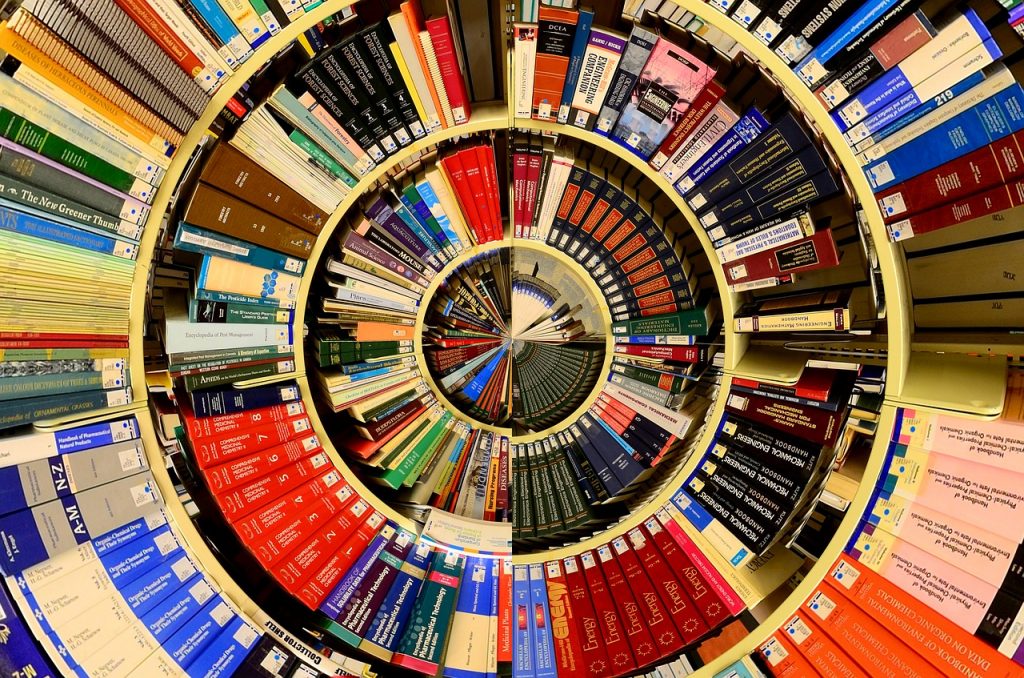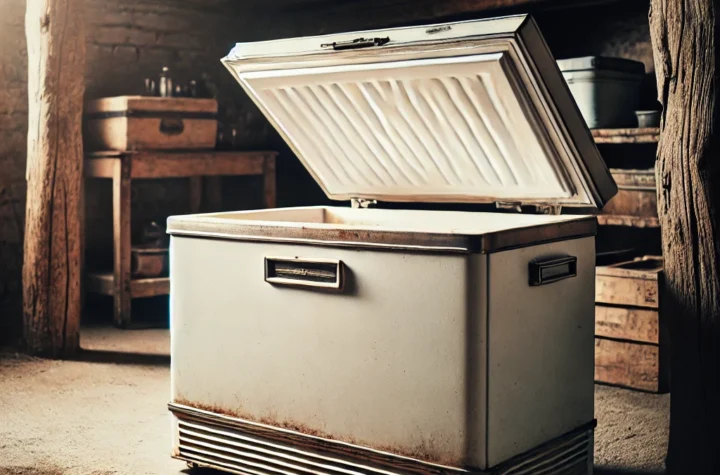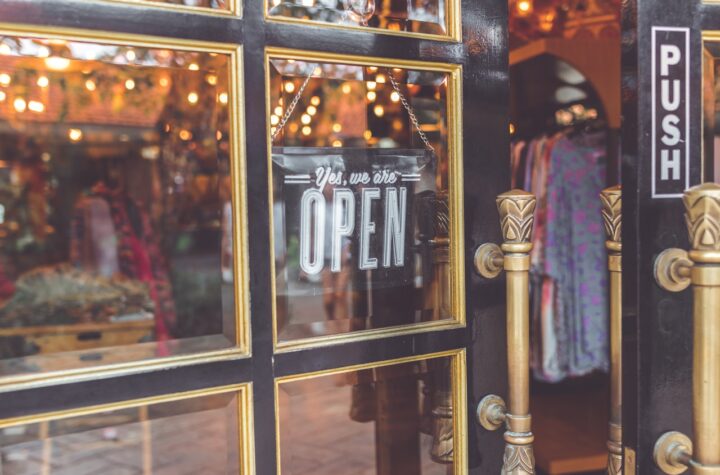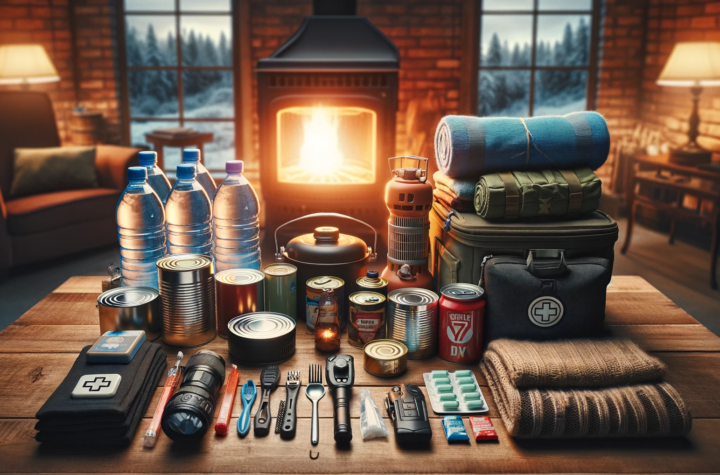
In today’s world, we are accustomed to having instant access to a vast amount of information with just a few clicks. The internet has become a primary source of knowledge, and we often take it for granted. Most of us get our knowledge and information online through google, blogs, wikis, YouTube and what have you. However, what happens when we lose access to the internet and electricity? How will we access the information we need in a post-SHTF (Sh** Hits The Fan) world?
For example, how do you access Wikipedia without electricity, google without internet or watch videos with a dead laptop?
This is why you will want to get those articles printed and why you would want to have good old fashioned paperback books in your house or bug out location. For the cost of some toner, paper and binders, you can backup essential knowledge in case of an emergency where you either have no access to internet or no power for a long time.
In a catastrophic event, such as a natural disaster or an extended power outage, access to the internet and electricity can become non-existent. This is where the importance of printed materials comes in.
Printing out essential information and having physical copies of books on different topics, including survival techniques, food preservation, first aid, building, repairs, gardening, hunting, and even how to rebuild society, can be an invaluable resource in a post-SHTF world. It doesn’t even have to take a complete disaster. It can be as simple as water rationing, soaring grocery prices, bank collapses or rolling brownouts or rolling blackouts.
When the power is out and the internet is down, having access to printed materials can mean the difference between life and death. The information contained within these materials can provide guidance on how to build shelter, find food, create a sustainable living environment, and perform basic first aid techniques.
Preparing for worst-case scenarios should be a priority for everyone, and printing out essential information and investing in books is one way to do so. These materials can provide a sense of security in a world where everything is uncertain.
Additionally, printed materials can be shared and passed on, creating a network of knowledge that can benefit a community. In a world where we have grown accustomed to having information at our fingertips, printed materials remind us of the value of physical copies and the importance of preparing for the unexpected.
In conclusion, in a post-SHTF world, access to information will become critical. Investing in printed materials and having physical copies of essential information can be a lifeline in a world where technology is no longer reliable. The time and effort invested in printing and collecting books may be the difference between surviving and not.
Things to print or buy books on include food conservation, gardening, hunting, building, repairs and why not just “how to rebuild society”.





More Stories
Top Preparedness Websites
How to Start Prepping: A Fun and Easy Guide to Being Prepared for a Week
Off-Grid Living Essentials: Must-Have Strategies for Self-Reliance